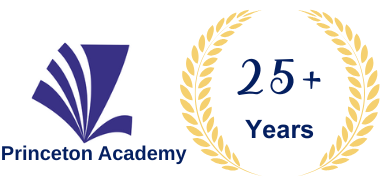Course Content
Understanding Competencies
- Skills, knowledge, behaviors, and traits
Mapping Competencies to Roles:
- Identifying essential competencies for specific job roles
- Using job descriptions to build a competency framework
Designing Competency-Based Questions
- Behavioral vs. Situational Questions:
- Focusing on past behavior
- hypothetical scenarios to assess decision-making and problem-solving skills.
- Creating Effective Questions:
- Identify key competencies required for the role (e.g., leadership, communication, problem-solving).
- Using the STAR framework: Situation, Task, Action, Result
- Rewrite Traditional Questions
Conducting the Interview
- Building Rapport with Candidates
- Probing and Follow-Up Questions
COURSE SCHEDULE & FEES
2:00 PM - 5:00 PM
Training Session
Online
Online Session
6253
Inclusive of all taxes
DOWNLOAD COURSE CONTENTS
Please click the button below to download the course content. You'll need to provide your contact information to receive the document.
INCOMPANY/GROUP TRAINING REQUEST
Why Choose Our Incompany Program?
- 🎯 Tailored content specific to your business goals
- 👥 Train entire teams together, saving time and cost
- 📍 Delivered at your location or virtually
- 📅 Flexible scheduling to suit your timelines
- 📈 Increase retention and application of skills
